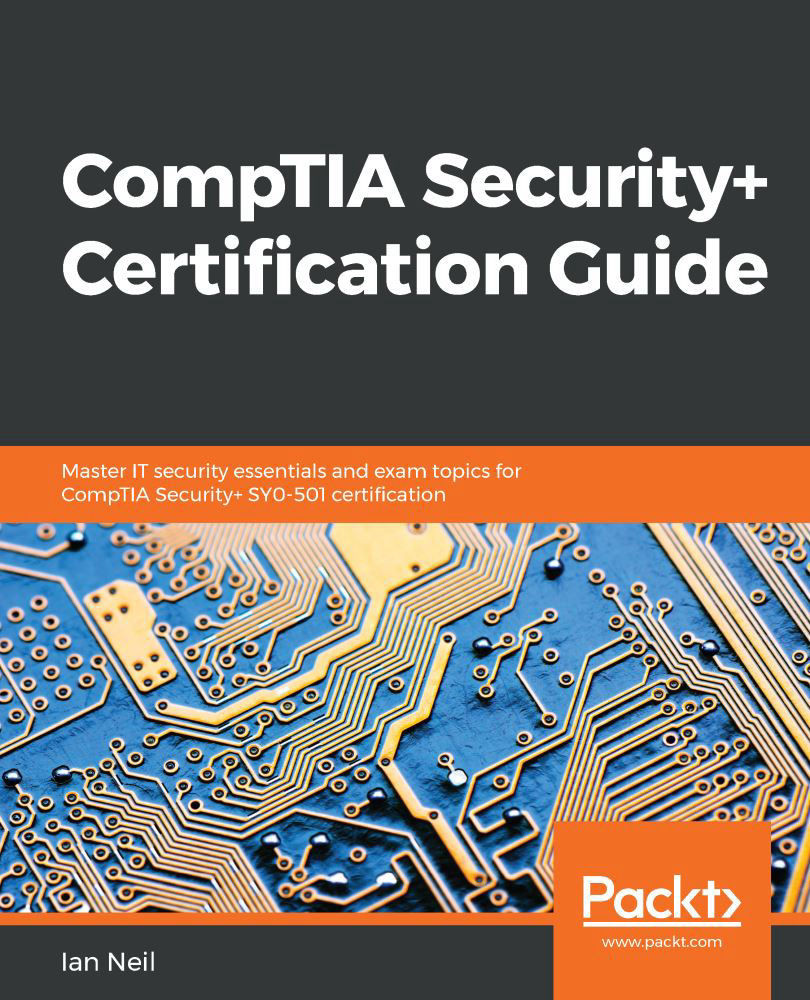IT systems range from desktops and servers used internally within an organization, to mobile devices, such as laptops, that can be used externally in unsecured environments (such as hotels and airports). We therefore need to harden systems and OSes so that they are as secure as we can possibly make them. There are various aspects that we need to look at, depending on the functionality of the device and where it is used. Let's look at all of the aspects that we need to take into consideration, starting with a system booting up:
- Basic Input Output System (BIOS): The BIOS on every computer is different, depending on the manufacturer, with the BIOS chip on the motherboard giving instructions on how the computer boots up.
- Unified Extensible Firmware Interface (UEFI): The UEFI is a modern version of the BIOS that is more secure and is needed...


